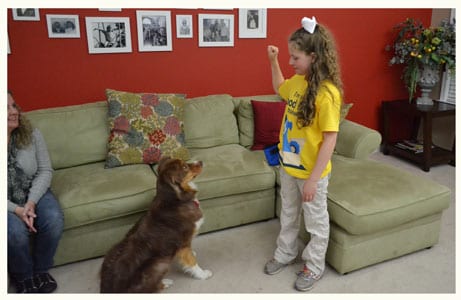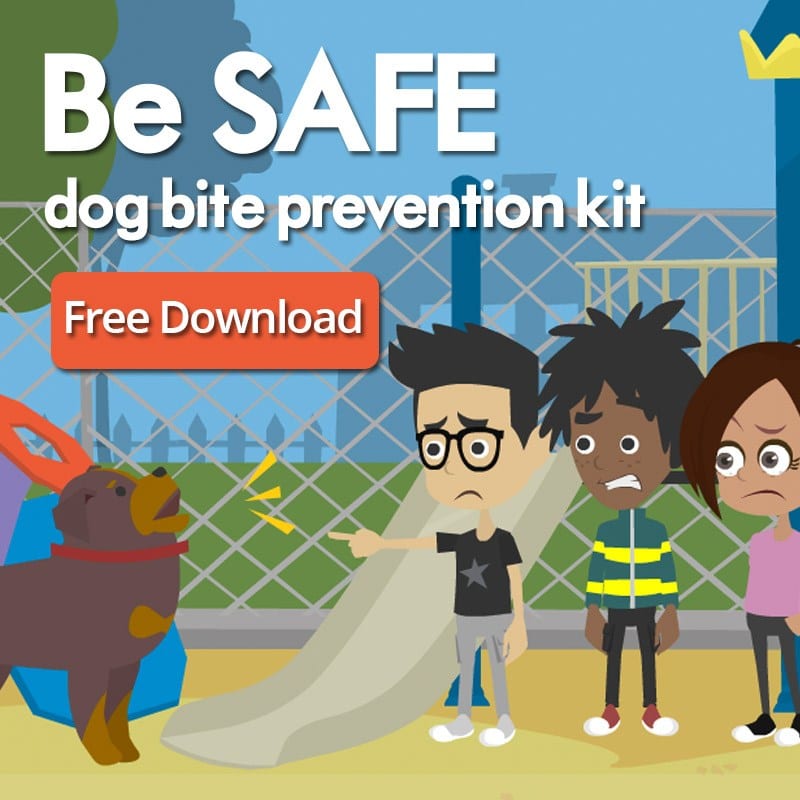In this week’s Welcome Home blog series, we discuss how using reward based training for your puppy is effective, safe and fun. Using rewards instead of punishments to train your canine companion is not only a scientifically based, proven way to teach commands and modify behavior, it also helps condition your dog to love learning and creates an environment of safety and trust.
Through classical conditioning, your pup associates good things with training and good things with being with you. They learn new things, earning praise, treats, and attention or whatever they find rewarding in exchange for good behavior. Humans become the conduit of all good things without having to resort to verbal or physical reprimands.
And one of the best aspects of reward based training is being able to involve the whole family including children. Not only does reward based training help build bonds between dogs and children, children can learn some terrific life skills using reward based training with their dogs including being gentle and kind, taking the time and patience to understand the dog’s emotions, and using treats and praise instead of force and fear.
Author Stanley Coren wrote in Psychology Today, explaining:
“Classical conditioning of emotions provides one reason why reward-based training procedures should work better and establish a stronger bond between the dog and his trainer, than punishment based systems. Every time you give the dog a treat, or some other reward, you set up the event sequence “sight of you-treat-pleasant feeling.” Even if your timing is off and you are not a very good and knowledgeable trainer, there is no harm being done in this case. Every instance of reward makes it more likely that the dog will feel better about you because you are actually conditioning the emotional response “sight of you-pleasant feeling.”
Learn more about getting your pup off to the best start with your family with our Welcome Home series of videos.






Leave a Reply
Want to join the discussion?Feel free to contribute!